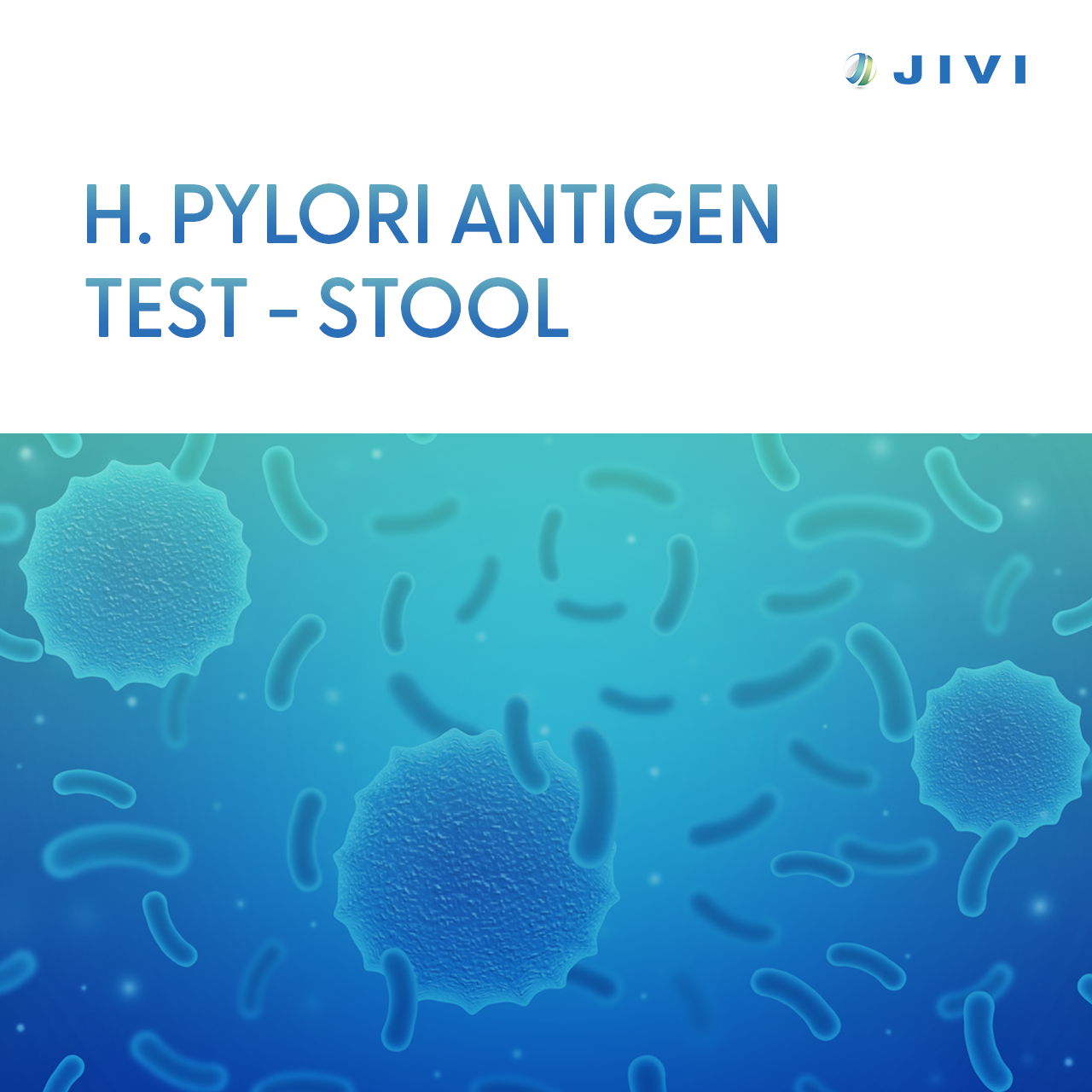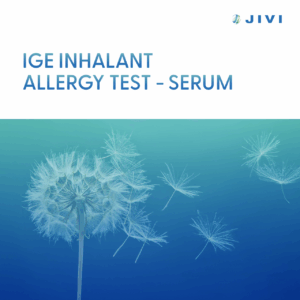Description
H. Pylori Antigen Test
A non-invasive test that checks a stool sample for antigens (proteins) from Helicobacter pylori, the bacterium that infects the stomach lining and is a major cause of peptic ulcers and gastritis.
What does this test measure?
The stool antigen test is very useful both for initial diagnosis of H. pylori and for confirming eradication after treatment (since antigens disappear when the infection is gone). It’s an alternative to the urea breath test and avoids endoscopy. The method is usually an ELISA (enzyme-linked immunoassay) or rapid lateral flow that can detect H. pylori’s presence in stool with high accuracy.
Who is this test most suitable for?
- Individuals living in crowded or developing areas (H. pylori is common in such conditions)
- People with family history of ulcers or stomach cancer
- Those on long-term NSAIDs (H. pylori exacerbates ulcer risk – testing is advised)
- Post-treatment follow-up of known H. pylori infection
Clinical Use
Clinically, if a patient has symptoms like chronic epigastric pain, indigestion, or a history of ulcers, an H. pylori stool antigen being positive would confirm the infection and indicate need for antibiotic triple therapy. After therapy, stool antigen is often rechecked after ~4-8 weeks to ensure the bug is cleared. It’s also used epidemiologically since it’s easy to screen populations for H. pylori. The test has high sensitivity and specificity (comparable to breath test) and is convenient especially in children or those who cannot do breath test.





